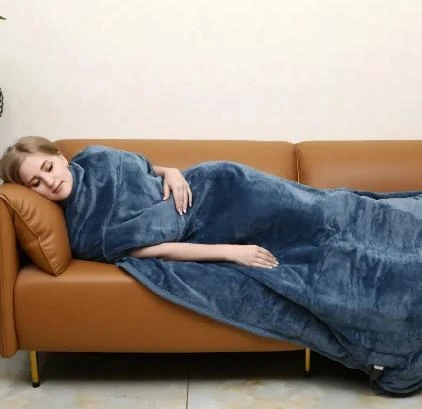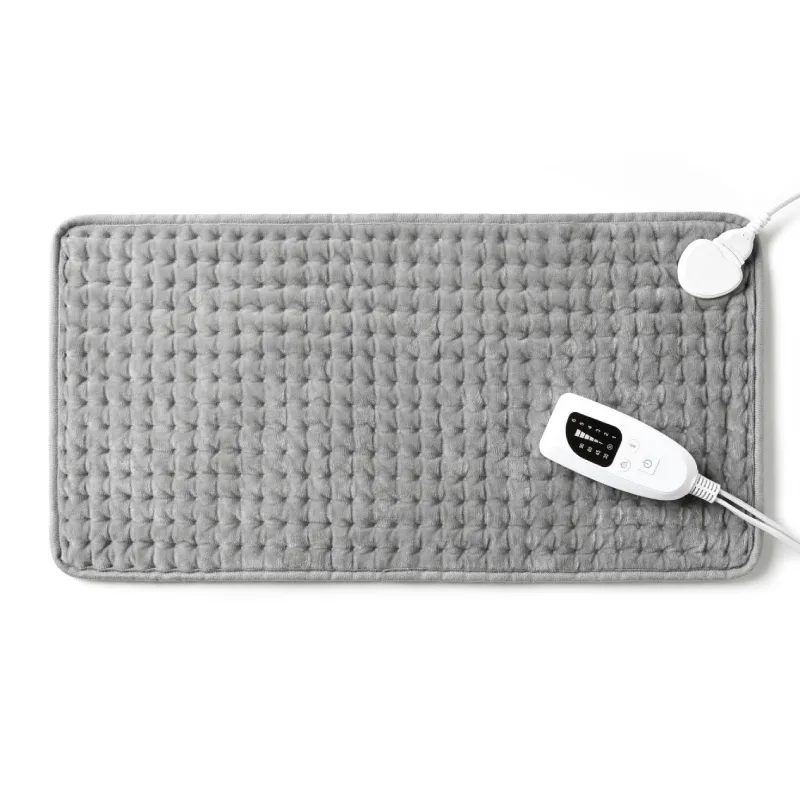
11-р сар . 12, 2024 02:18 Back to list
sleeping with an electric blanket on
Sleeping with an Electric Blanket Pros and Cons
As the cold months approach, many people reach for their electric blankets in search of warmth and comfort during the night. Electric blankets have been a staple in many households, providing a cozy solution for chilly nights. However, sleeping with an electric blanket on raises various opinions. In this article, we will explore the pros and cons of using an electric blanket while sleeping.
The Advantages of Electric Blankets
One of the primary benefits of electric blankets is the warmth they provide. In regions where temperatures plummet during winter, crawling into a bed warmed by an electric blanket can be a luxurious experience. This added warmth can help ease muscle tension and promote relaxation, ultimately leading to a better night’s sleep. People with conditions like arthritis or chronic pain often find electric blankets to be therapeutic, as they alleviate discomfort and allow for a more restful sleep.
Another advantage is the versatility of electric blankets. Many models come with adjustable settings, allowing users to customize the heat level according to their personal preference. This feature ensures that individuals who run hot can lower the temperature if needed, preventing overheating during the night. Additionally, electric blankets can be a practical solution for those who share a bed with partners who have different temperature preferences. Each person can have their side adjusted to their liking, making it a comfortable arrangement for both.
Electric blankets are also energy efficient. Instead of heating the entire room, which can be costly, an electric blanket concentrates warmth where it is needed most—directly on the bed. This can significantly reduce heating bills, particularly during the long winter months.
sleeping with an electric blanket on

The Disadvantages of Electric Blankets
Despite the advantages, sleeping with an electric blanket can pose certain risks and downsides. One of the main concerns is safety. If used improperly, electric blankets can cause burns or overheating, especially in vulnerable populations such as the elderly or those with reduced sensation. It is crucial to follow the manufacturer's instructions, avoid sleeping with the blanket on high settings, and ensure that it is in good condition without frayed wires.
Another potential drawback is the issue of electromagnetic fields (EMFs). Electric blankets use electricity to generate heat, leading some individuals to be concerned about the health impacts of EMF exposure. While research on the long-term effects of EMFs is ongoing, some people prefer to avoid electric blankets due to this uncertainty.
Furthermore, relying on an electric blanket can result in a dependency on external heat sources. Some individuals may find it challenging to fall asleep without the warmth provided by the blanket, potentially affecting their natural ability to regulate body temperature during sleep.
Conclusion
In conclusion, sleeping with an electric blanket can provide comfort and warmth during cold nights, offering potential health benefits for certain individuals. However, it is essential to approach their use with caution and an understanding of the associated risks. For those who enjoy the coziness an electric blanket provides, taking safety precautions can help ensure a pleasant sleeping experience. Ultimately, the decision sits with the individual, weighing the pros and cons to determine whether an electric blanket is a suitable addition to their bedtime routine.
-
The Rise of Heated Blankets for Dogs Outdoor
Jun.09,2025
-
Revolutionize Your Sleep with a Heated Mattress Blanket
Jun.09,2025
-
Revolutionize Your Comfort: Discover the Cordless Heated Blanket Advantage
Jun.09,2025
-
Keep Your Pets Warm and Comfortable
Jun.09,2025
-
Experience Warmth Reimagined: Discover the Power of an Electric Blanket
Jun.09,2025
-
Choosing the Best Cat Heating Pad Indoor and Out
Jun.09,2025
Realted Products



